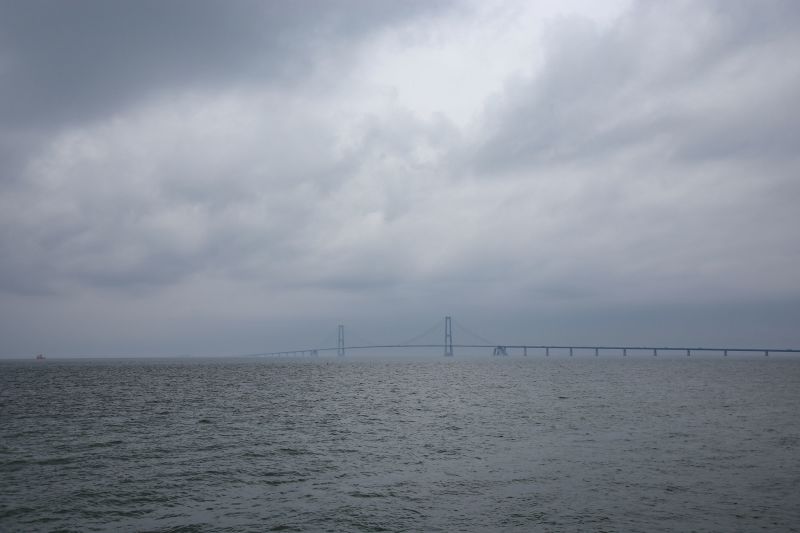The Kingdom of Denmark, known for its open and liberal policies in trade and commerce, recently underwent a significant event that created ripples worldwide. This stems from a recent development where they made an unprecedented decision to close off the significant shipping route, the Great Belt Strait, due to an incident concerning a faulty missile launcher. This article takes a detailed look at the incident, its repercussions, the Strait’s relevance, and Denmark’s immediate actions.
The primary cause of the closure was an issue with the missile launcher installed on a naval ship. The particular launcher was demonstrated to have severe technical defaults, creating a potential risk situation that could inadvertently cause missiles to be launched. Being aware of the traffic levels at the Strait, which includes civilian, commercial and military ships, the Danish authorities decided to take immediate precautionary measures to safeguard everyone involved.
The Great Belt Strait is a significant shipping strait not only for Denmark but for many other countries. It acts as a crucial link between the Baltic Sea and the rest of the world, with substantial shipping volumes passing through it every day. Commercial vessels carrying cargo between Northern Europe, including Scandinavian countries and various Baltic states, to other parts of the world, depend on this Strait. The Danish Naval authorities’ decision to close the Strait could have considerable logistical and financial implications, affecting distribution networks globally.
This incident brought a considerable spotlight on the safety measures in military hardware. Any form of malfunction in such powerful equipment not only poses a threat to the military personnel operating them, but it can also significantly impact civilian areas, especially in a zone such as the Great Belt Strait, where civilian and military traffic often come into close contact.
In light of this situation, the Danish government and their Military were quick in their response. They swiftly implemented a thorough investigation into how such a malfunction could occur. Identifying whether the issue was due to manufacturing defect, maintenance lags or human error will help prevent similar situations in the future and mitigate associated risks.
The closure of the Strait was not a decision the Danish authorities took lightly, considering the economic impact of such a move. However, ensuring the safety of naval personnel, civilians, and commerce ships was deemed of paramount importance.
While the investigation continued, the Danish authorities sought to minimize the impact on shipping traffic by redirecting vessels around the Danish island of Zealand. Similarly, initiatives were taken to inform all necessary global trade organizations and countries about the unexpected situation, enabling them to adjust their respective shipping schedules and routes accordingly.
In a world driven by efficiency and speed, this incident serves as a hard reminder of potential danger when dealing with powerful military hardware. The Danish government’s response highlights the importance of life and safety over other factors. It shows that despite the urgency of global trade and shipping, prioritizing security and well-being can lead to temporary disruptions but with long-term benefits for all involved.




